Taxation for residents of Monaco
Residents of Monaco benefit from a notably favourable tax environment. There is no personal income tax for most individuals living in the principality, which attracts many high-net-worth individuals. The only exception concerns French nationals, who remain subject to French income tax due to a bilateral treaty.
Monaco also does not levy:
- Wealth tax (which exists in many European countries)
- Capital gains tax on property sales, regardless of the gain amount
This absence of these taxes allows residents to optimize their wealth and investment returns. However, residents contribute to social security, with contributions typically ranging between 15% and 25% of income, funding healthcare, family benefits, and pensions.
It's important to note that if you have income sources outside Monaco, you may have tax obligations in your home country. Many international residents maintain their tax residency status elsewhere, which can affect their overall tax liabilities.
Taxation for companies based in Monaco
Monaco’s corporate tax system differentiates companies based on the origin of their revenue:
- Companies with more than 25% of their turnover generated outside Monaco pay corporate tax at the rate of 33.33% on the profits related to these external activities.
- Companies primarily operating within Monaco can benefit from corporate tax exemption, making it a strategic location for local businesses or holding companies.
Additionally, Monaco imposes a value-added tax (VAT) at 20%, which applies to most goods and services, comparable to the French VAT system.
Employers must also pay social contributions that generally represent about 30% to 40% of gross salaries. These contributions cover social security, unemployment, and family allowances.
Overall, the taxation environment supports both small local companies and international businesses, providing flexibility depending on business models.
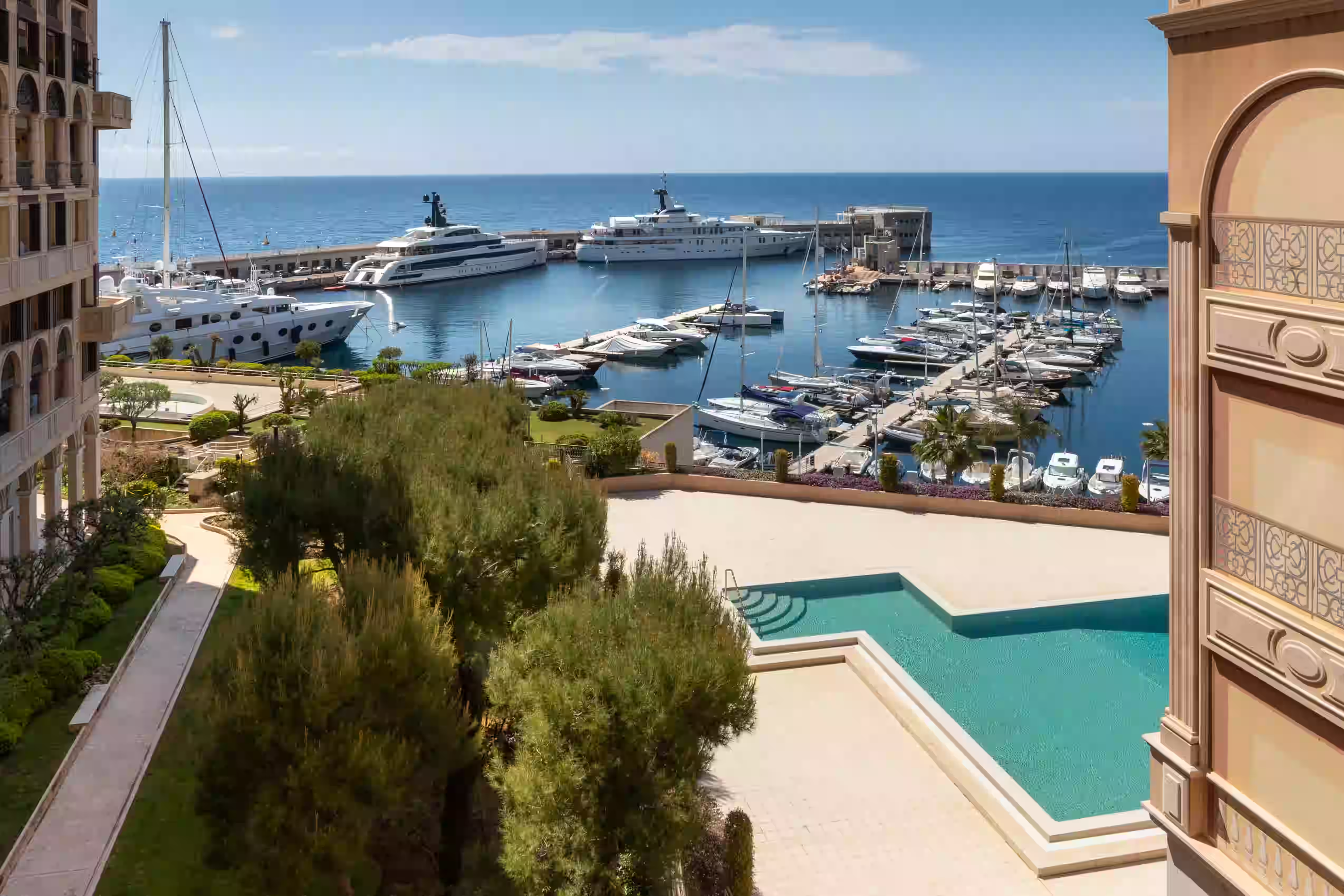
Declaration and payment process in Monaco
Tax administration is managed by the Direction des Services Fiscaux (DSF), which oversees tax declarations and payments.
For individuals:
- No annual income tax return is required unless you declare income taxable outside Monaco.
- Social contributions are usually withheld at source or paid quarterly if self-employed.
For companies:
- Annual corporate tax returns must be filed by April 30th each year, detailing revenues, expenses, and taxable profits.
- VAT declarations and payments are often made monthly or quarterly, depending on the company’s turnover (monthly for turnovers above €800,000, quarterly below).
- Corporate tax payments are made through instalments, usually three times a year (March, June, September).
The process is increasingly digital, with many companies and individuals using online portals to submit declarations. Local accountants and legal experts assist in navigating the regulations and ensuring timely compliance, which is crucial to avoid fines or interest charges.
Other taxes
Various tax incentives
Monaco offers several tax incentives to encourage investment and business activities:
- No personal income tax attracts high-net-worth individuals.
- Corporate tax exemption for companies with at least 75% local turnover.
- No capital gains tax on property sales, beneficial for investors.
- Special tax arrangements exist for international shipping companies and financial institutions.
- Certain investments in cultural or environmental projects may qualify for tax advantages.
These incentives make Monaco appealing for entrepreneurs, investors, and luxury property buyers.
Real estate law in Monaco
Monaco’s real estate law is designed to protect buyers and maintain market stability. All property transactions must be registered with the Conservation des Hypothèques, ensuring transparency and legal security. Foreign buyers can purchase property without restrictions but must follow the official procedures, including signing a preliminary contract (promesse de vente) and final deed.
Balkin Estates-Knight Frank Monaco guides clients through this process, offering expert advice and local knowledge. They assist in property selection, negotiation, legal formalities, and help navigate Monaco’s real estate regulations to ensure smooth transactions.
Thanks to Balkin’s experience, foreign investors benefit from tailored support, minimizing risks and optimizing their investment in Monaco’s unique property market.
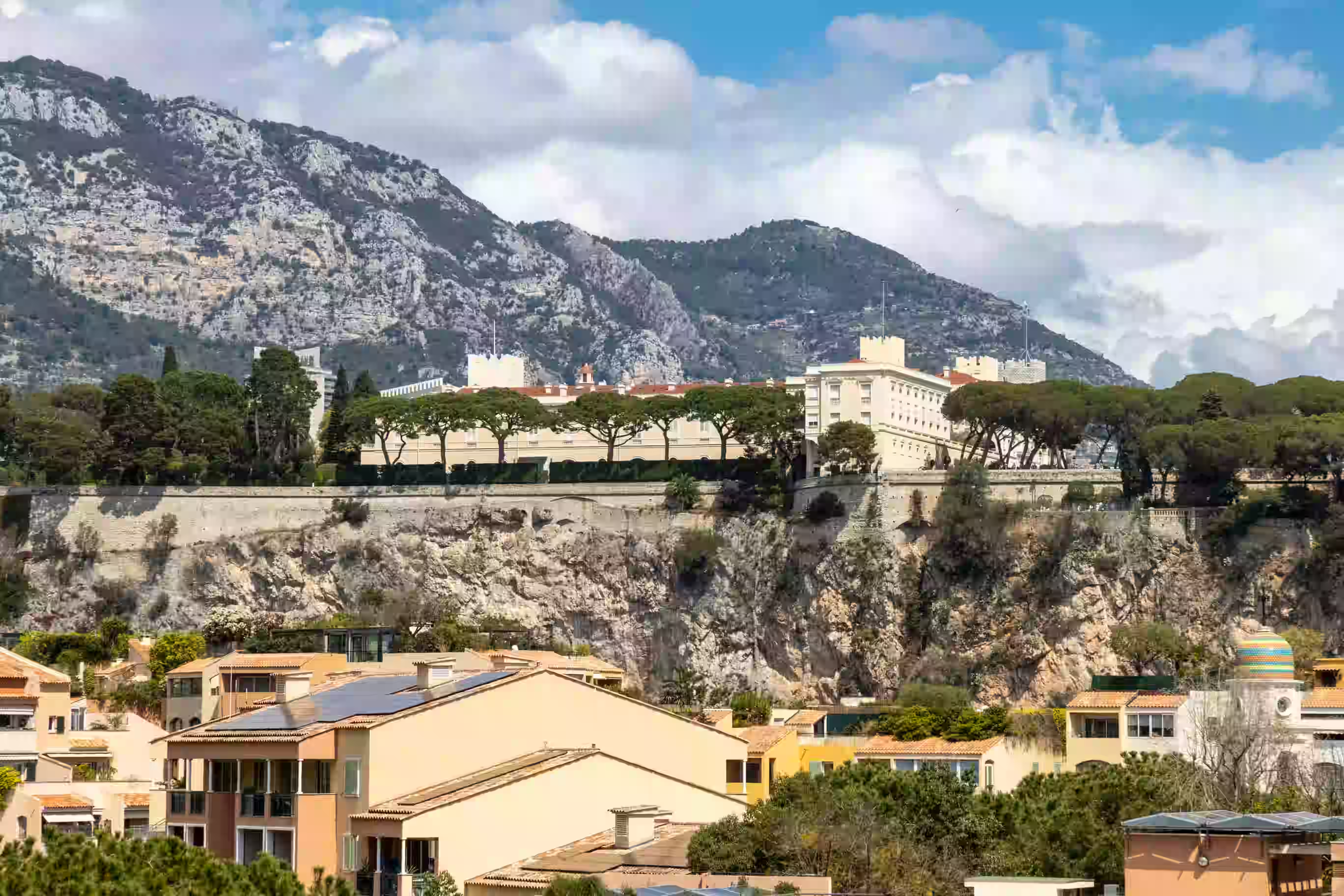
How are inheritance and gift duties defined in Monaco?
Inheritance and gift duties in Monaco are structured to be favorable, especially for direct family members. Transfers between spouses and direct descendants are generally exempt from any inheritance or gift tax, which encourages family wealth transmission without heavy fiscal impact.
For other beneficiaries, such as distant relatives or non-family members, duties apply with rates that can reach up to 16%, depending on the relationship and value transferred.
Key points:
- No inheritance tax for close family (spouses, children)
- Duties apply progressively for others, capped at 16%
- Monaco does not apply forced heirship rules as strictly as some other countries, offering more flexibility in estate planning
This framework makes Monaco attractive for wealth preservation and estate planning.
Registration fees in Monaco
When purchasing property, registration fees must be paid to the government. These fees cover the official transfer and registration of ownership and are generally calculated as a percentage of the purchase price.
In Monaco, registration fees typically amount to around 6.5% of the property value. This includes:
- Transfer tax
- Notary fees
- Administrative costs
These fees are paid by the buyer, usually at the time of the final deed signing. Compared to other countries, Monaco’s registration fees are relatively moderate, but they remain an important consideration in the total cost of acquiring property.
Balkin Estates-Knight Frank Monaco advises buyers on these fees and helps anticipate the full financial commitment involved in property transactions.


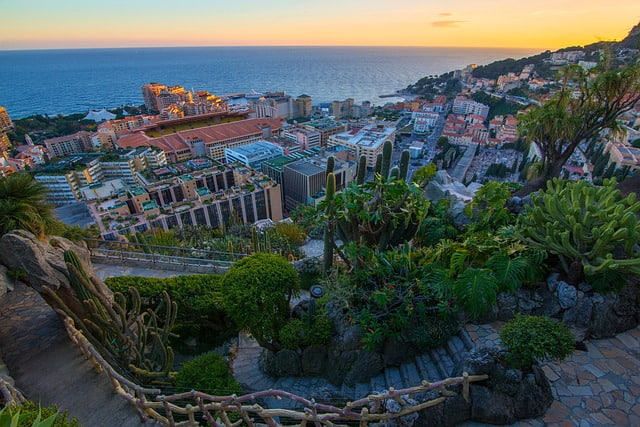
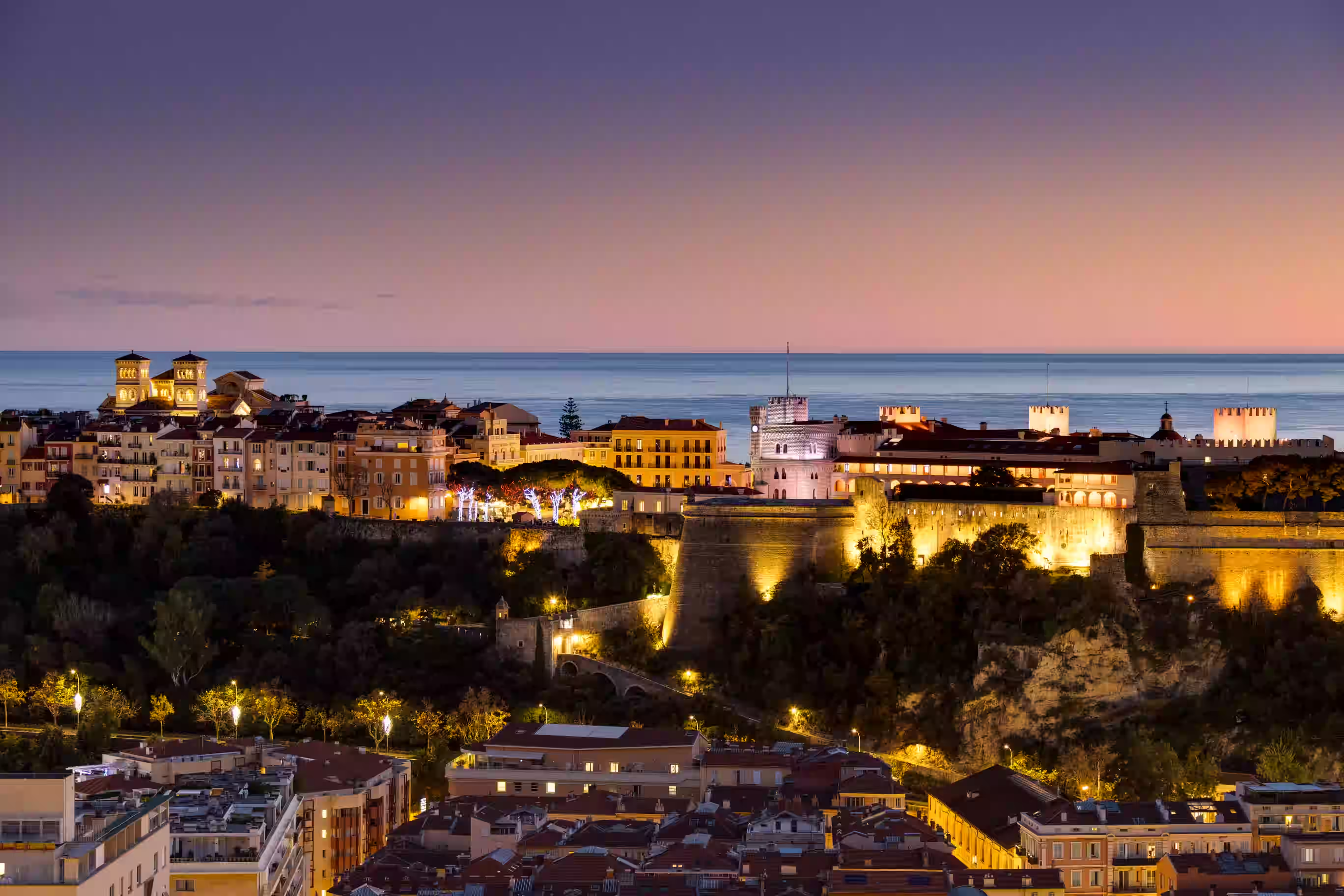
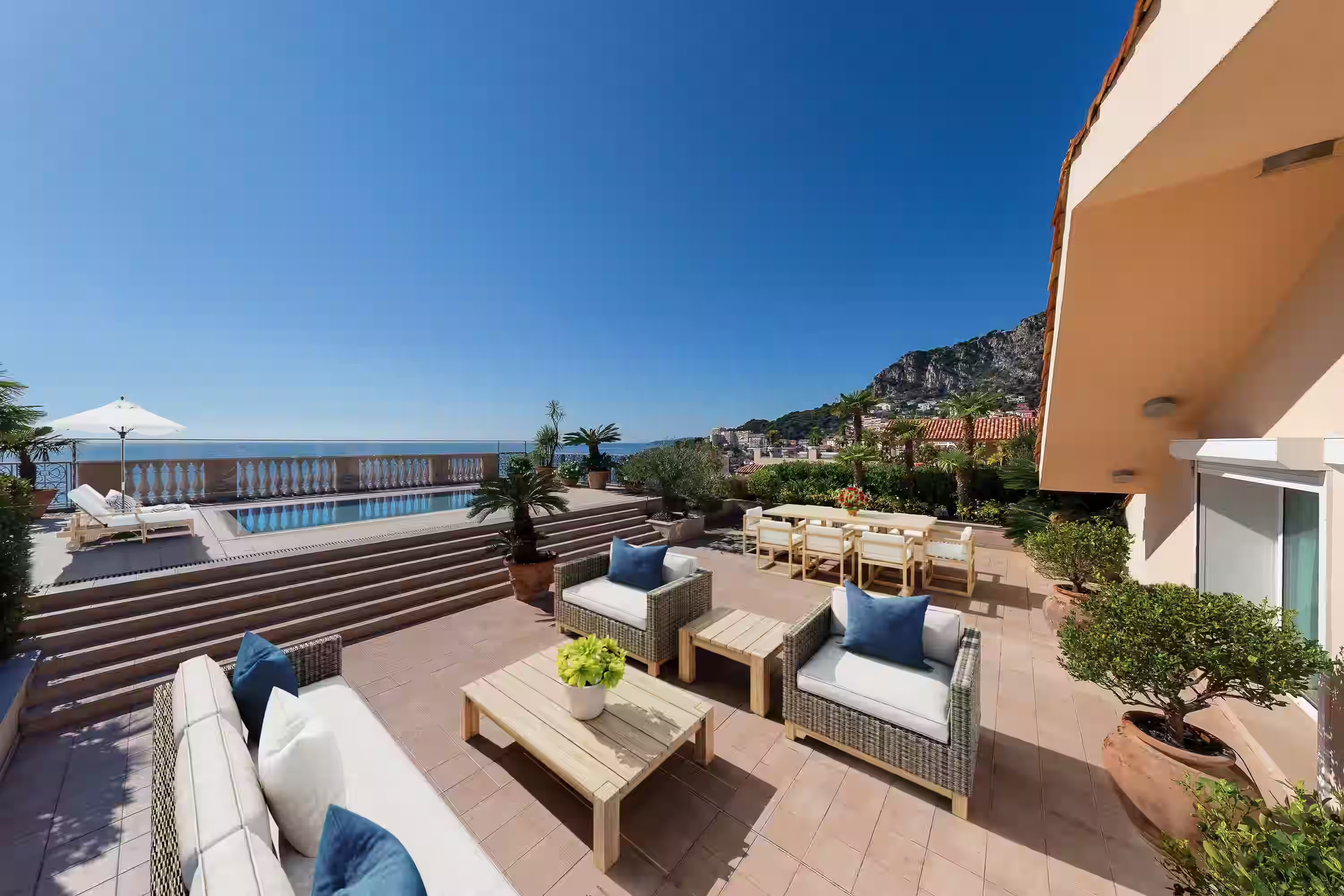
.avif)